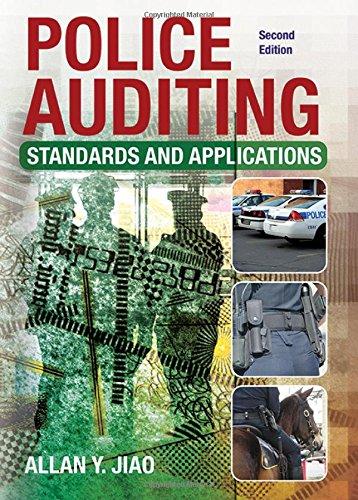4. Modified internal rate of return (MIRR) The IRR evaluation method assumes that cash fows from the project are reirvested at the same rate equal to the IRR. However, in reality the reinvested cash flows may not necessarily generote a return equal to the IRR. Thus, the modified IRR approach makes a more reasonable assumption other than the project's IRR. Consider the following situation: Cute Camel Woodcraft Company is analyzing a project that requires an initial investment of $2,500,000. The project's expected cash fows are: Cute Camel Woodcraft Company's wACC is 7%, and the project has the same risk as the firm's average profect, Calculate this project's modifled internal rate of return (MIRR): 19.86% 17.77% 18.82% 15.94% If Cute Camel Woodcraft Company's managers select projects based on the MIRR criterion, they should this independent project. Which of the following statements about the relationship between the IRR and the MIRR is correct? A typical firm's IRR will be less than its MIRR. A typical firm's tRa will be equal to its MiRR. A typical firm's ther will be greater than its MIRR. 4. Modified internal rate of return (MIRR) The IRR evaluation method assumes that cash fows from the project are reirvested at the same rate equal to the IRR. However, in reality the reinvested cash flows may not necessarily generote a return equal to the IRR. Thus, the modified IRR approach makes a more reasonable assumption other than the project's IRR. Consider the following situation: Cute Camel Woodcraft Company is analyzing a project that requires an initial investment of $2,500,000. The project's expected cash fows are: Cute Camel Woodcraft Company's wACC is 7%, and the project has the same risk as the firm's average profect, Calculate this project's modifled internal rate of return (MIRR): 19.86% 17.77% 18.82% 15.94% If Cute Camel Woodcraft Company's managers select projects based on the MIRR criterion, they should this independent project. Which of the following statements about the relationship between the IRR and the MIRR is correct? A typical firm's IRR will be less than its MIRR. A typical firm's tRa will be equal to its MiRR. A typical firm's ther will be greater than its MIRR







